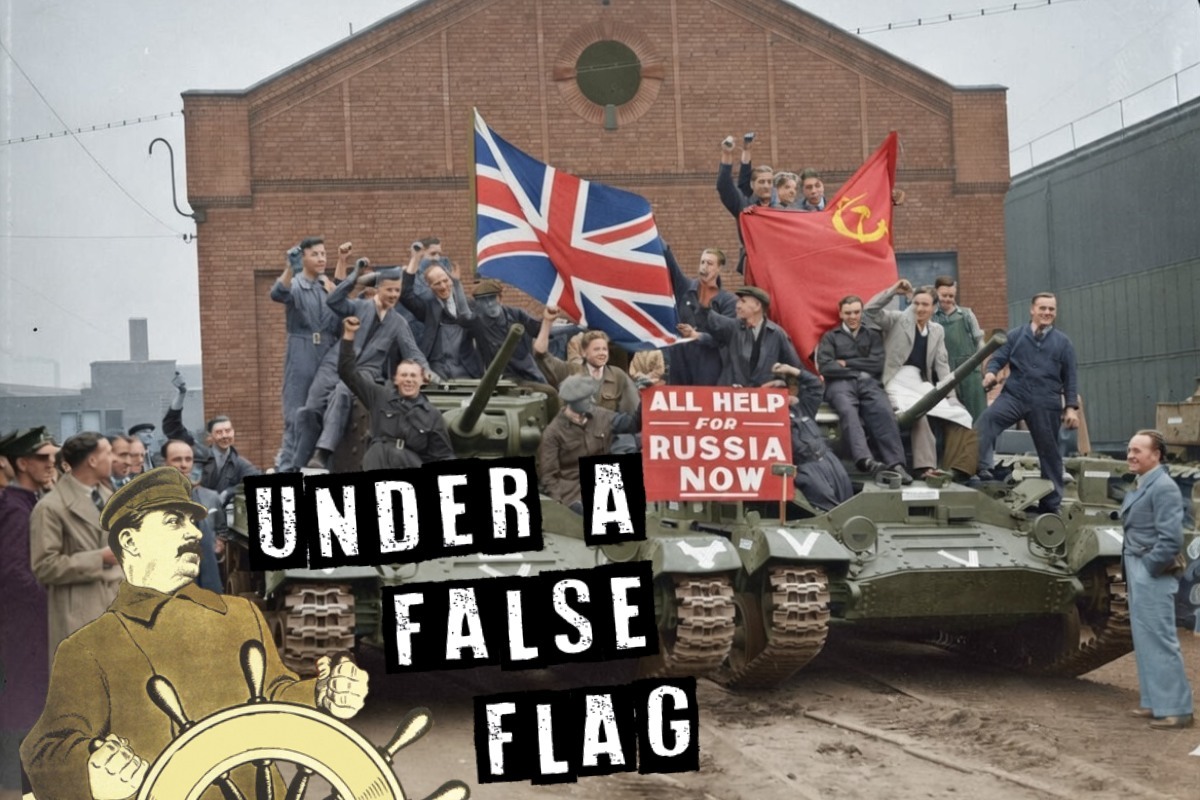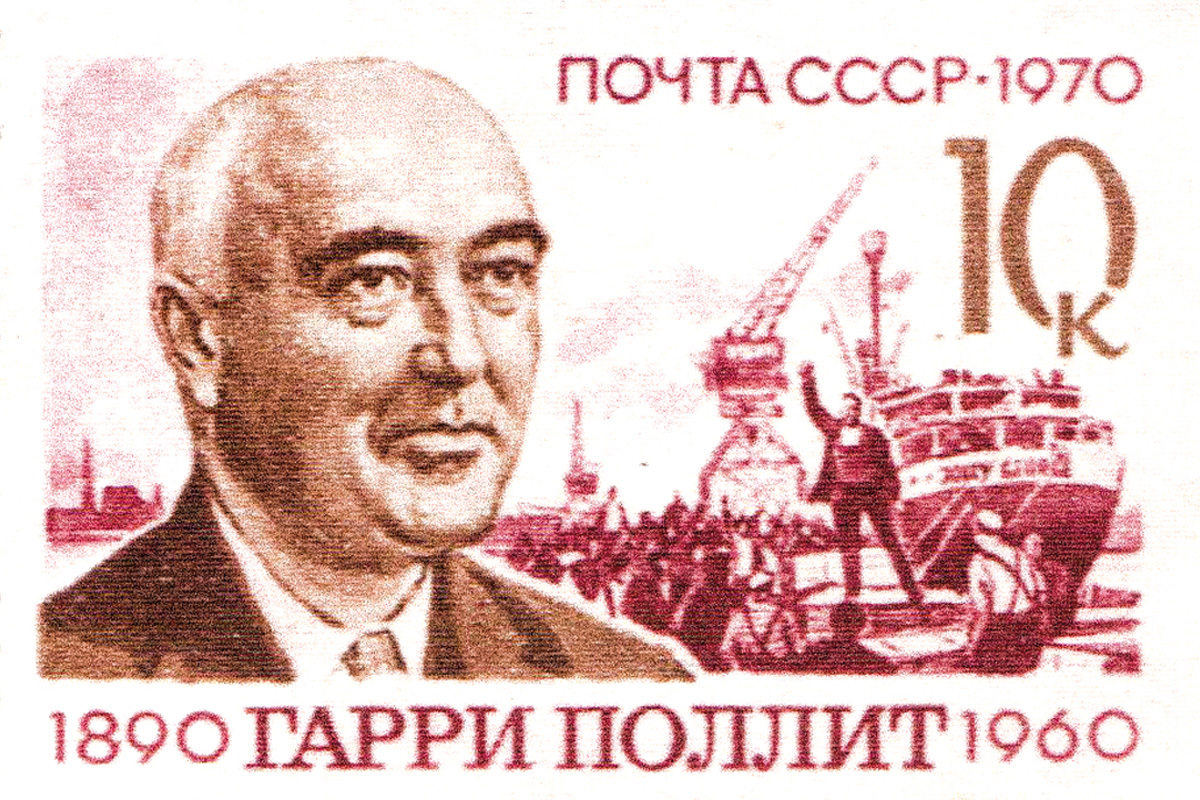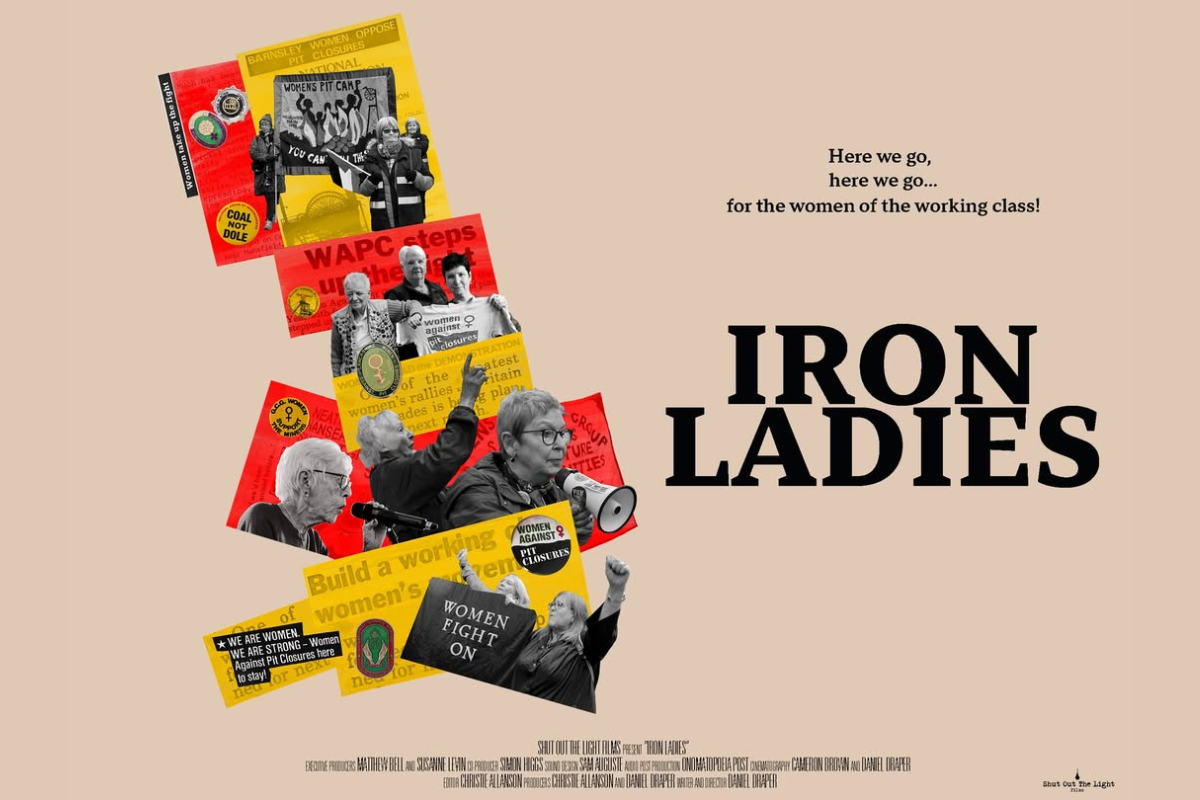As councils meet to vote through cuts, Ben Peck looks back ninety years to the heroic example of the Poplar councillors.
We are at a turning point in British history. Over the next few weeks more and more local councils will be setting extreme austerity budgets and in the process deciding where cuts have to be made as a result of a savage cutback in funding by central government of 26% over the next 4 years. Do provisions for the elderly face the axe or children’s library services? Can we do with fewer social workers or fewer teachers?
Already redundancies of up to one third of the workforce have been announced for Manchester and Birmingham councils.
Labour councillors in particular are being presented with tough decisions. Do they take a stand by opposing the cuts and mobilising the labour and trade union movement and the citizens in a campaign of defiance in the areas where they control councils? Or do they implement the cuts and therefore act as unwilling agents in the government’s austerity programme?
Many labour councillors did not stand for office to carry out cuts but this is the position they have been forced into. As the old saying goes, "The road to hell is paved with good intentions". When those on the right, and many on the left, are telling us that there is no alternative, the rebellion of the Poplar Labour councillors in 1921 is a powerful lesson on how there can be an alternative course of action for local government.
Background
Poplar’s Labour Council was elected in 1919 against the backdrop of an international revolutionary wave. The horrors of the First World War ended in the revolutions in Russia and Germany in 1917-18. Rebellion in Ireland and revolution in Europe led the British capitalists to look nervously at their own working class. A number of concessions were granted, such as the Representation of the People Act, that effectively ended the property qualification for voting and granted female suffrage (though only for women aged 28 and over).
In 1919 the Labour Party gained 39 of the 42 Poplar council seats. This was achieved despite a vicious, pro-business opposition that accused the LP of having a policy of workers control which would mean “anarchy and starvation, industry destroyed, religion swept away, women nationalised and enslaved", (East London Advertiser, March 1st 1919). Across London, Labour went from 46 of 1362 borough councillors in 1912 to 572 in 1919.
The Poplar councillors undertook a number of important social reforms including equal pay for women; the building of houses, parks and wash houses; the distribution of free milk; and a minimum wage for council workers above the national average. As opposed to the previous administration’s prescribed "Christian Salvation", the newly elected Labour council undertook a survey and recommended a huge acceleration of slum clearances, appointing 3 new sanitary inspectors who would order slum landlords to carry out improvements. This was a significant reform for Poplar, which was rife with tuberculosis. Infant mortality was also epidemic, with 1 in 8 babies before the war not surviving their infancy. In comparison the African country of Liberia, which is emerging from a brutal civil war, has an infant mortality of 1 in 12.
The Rates Rebellion
Poplar Borough Council was obliged to contribute to London-wide bodies such as the London County Council (LCC), Metropolitan Asylum Board (MAB), the Metropolitan Water Board and the Metropolitan Police. This impacted disproportionately on the poorer boroughs which were required to pay the same fixed rate as the richer boroughs of West London. In addition to the citywide contributions, individual London boroughs were expected to raise their own poor relief. The West London boroughs had just 5,000 poor to support, as opposed to the 86,500 of East London.
At the beginning 1921, faced with a further increase in the citywide rates of between 25-50%, Poplar Labour councillors decided that enough was enough. They decided to consult the Labour movement as to what should be done about the unfair rates system. A conference of Labour Party and trade union branches was called where George Lansbury, leader of the Labour councillors, proposed that the council stop collecting the rates for cross-London bodies. The proposal was voted through and on the 31st of March the council set a rate of 4 shillings 4 pence, instead of the 6 shillings 10 pence necessary to cover the rates.
The councillors immediately set about acting on their decision. They had consulted the labour movement and drawn up a new rates policy. Now it was essential to make sure their action was carried to the people of Poplar. They drew up a statement, sent to every member of the borough, explaining the reasons behind the council’s decision. The key demand was "equalise the rates". In essence the council had called a rent strike, importing industrial action into the arena of municipal politics.
On May 28th the first instalment to the LCC was due. The council resolved to continue its stand. In response the LCC took the matter to the High Court. Once the question of the courts, judges and the state comes into question, a clear differentiation took place within the labour movement. On the right-wing stood the "constitutionalists", headed by the Mayor of Hackney and London LP leader Herbert Morrison, who was desperate to confine the class struggle to within the boundaries of respectability and the law. On the left were the Poplar councillors, headed by George Lansbury, whose position was:
"It is well that organised labour should understand that in the courts of law all the scales are weighted against us because all the judges administer class-made laws, laws which are expressly enacted not to do justice but to preserve the present social order."
George Lansbury and the councillors spoke to a crowd of supporters on the morning of their court appearance outside the town hall in Poplar. "If we have to choose", said Lansbury, "between contempt of the poor and contempt of court, it will be contempt of court." After which, a 2,000-strong march began, from Bow to the High Court. They marched the 5 miles under the banner "Poplar borough council, marching to the High Court, and possibly to prison."
The high court found against the councillors, giving them 14 days to pay up or go to prison. Resolved to face prison, the councillors used this time to organise. They again wrote to all ratepayers and organised mass meetings to explain the situation. The Poplar Trades Council sent a circular to all the London trades councils asking them to put pressure on their local Labour councils to support the Poplar councillors. Opposed to this, Herbert Morrison, fearing accusations of "irresponsibility" and "Bolshevism", drafted a circular asking all LP branches and all trades councils to repudiate Poplar’s actions. Their aim was to effectively leave Poplar isolated.
Prison
Huge crowds of supporters, accompanied by trade union banners, met the councillors as they were arrested at their homes. Thirty councillors, including six women councillors (one of whom was pregnant), were sent to prison indefinitely for refusing a court order to pay the rates. They issued a statement from prison:
"Thirty of us, members of the Poplar borough council, have been committed to prison. This has been done because we have refused to levy a rate on the people of our borough to meet the demand of the LCC and other central authorities. We have taken this action deliberately and we shall continue to take the same course until the government deals properly with the question of unemployment, providing work or full maintenance for all, and carries into effect the long-promised and much overdue reform of the equalisation of rates."
Through his cell bars George Lansbury would daily address mass meetings outside the prison. Demonstrationss were held every weekend in East London to keep the movement in the public eye.
Thousands rallied in support in Trafalgar Square on September 10th. With unemployment rising throughout the country, the actions of Poplar were accompanied by unemployment riots in cities like Dundee and Liverpool. Mass meetings of the unemployed were being held throughout London in August and September, giving the struggle in Poplar particular focus.
The ruling class was feeling the hot breath of revolution on its neck and looked for a way out. Dismissing the councillors would add fire to the flames. In any case, new elections would see new councillors elected with the same position; such was the mood in society. Even the threat of withdrawal of citywide services like the police were rendered impotent, as Poplar had secured a promise from the Police and Prison Officers Union that in such an eventuality, they would supply the borough with a "trade union police force", drawing the average workers wage!
As the imprisonment continued, the struggle spread. Neighbouring boroughs Bethnal Green and Stepney also withheld the rates. By showing other LP councillors backbone and resolve, Poplar was able to elicit, through example, solidarity actions. This ultimately rested on the wide, rank-and-file popular support for the councillor’s actions. Stepney Trades and Labour Council protested the anti-Poplar position of Herbert Morrison and the right-wing leadership of the London Labour Party. On some councils, LP right-wingers "crossed the floor" to vote with the opposition to defeat what should have been a LP majority. This shows how a crisis puts all currents and tendencies within the labour movement to the test.
Support
After 6 weeks imprisonment the government backed down to the widespread support that had been unleashed by the councillors’ stance and the High Court ordered the prisoners released. At the same time The London Authorities (Financial Provision) Act 1921 was rushed through Parliament, which although not completely equalising the rates, was nevertheless a major victory. Sir Alfred Mond, the Health Minister, recommended the governments terms of surrender: a four-fold increase in the equalisation rate and a doubling of the allowance for work house inmates. The effects were that the eight richest London boroughs would pay £800,000 per year instead of £400,000 to the benefit of the poorer boroughs.
The lesson of the Poplar rebel councillors is an inspiration to labour movement activists today. Lobbying the bosses for concessions had only got the working class to a certain point, after which it could proceed no further without clashing with the ruling class in the form of its state, laws and apparatus. It was only when the Poplar councillors took the lead of a mass movement that reforms were wrested from the ruling class.
When we compare the stance of Lansbury and Morrison (incidentally the grandfather of Peter Mandelson), the question arises is: who are our councillors responsible to? Morrison wanted to prove his responsibility to the establishment, "respectable society", from whom he so cravenly sought approval. Lansbury and the Poplar councillors understood they were responsible solely to the toiling poor of Poplar and the wider working class. The Poplar councillors fully understood the class nature of the courts and the laws, which is why they did not defer to them but stood up and defeated them with the backing of a mass movement of the working class.






